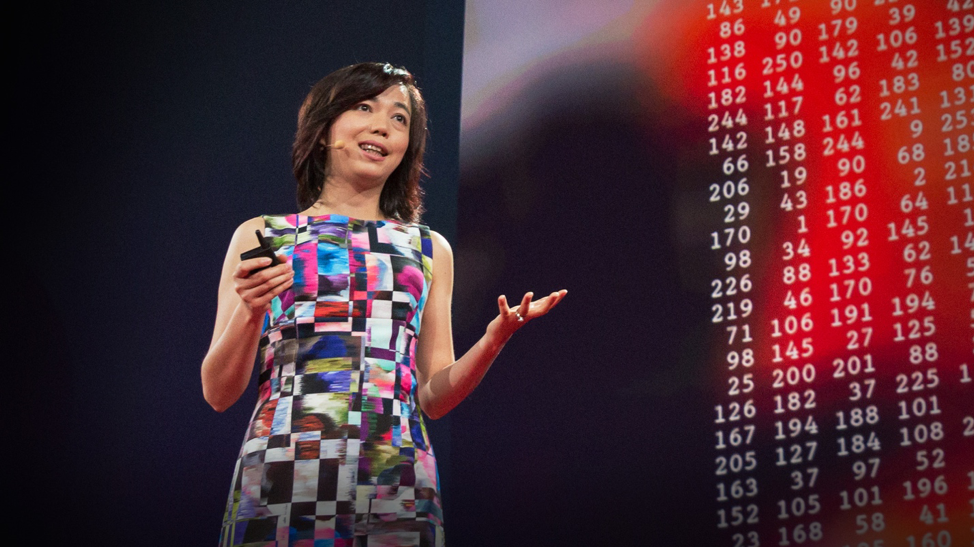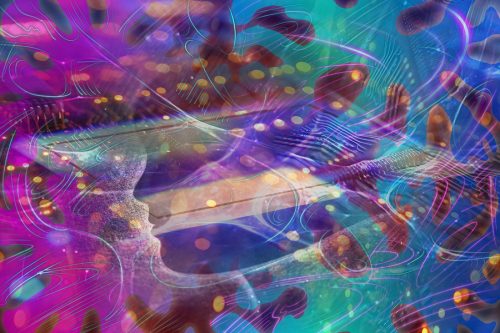Fei-Fei Li is a computer scientist and a co-director of Stanford’s Human-Centered AI Institute. She is also the inventor of ImageNet and the author of The Worlds I See: Curiosity, Exploration, and Discovery at the Dawn of AI.
Here is her writing in the Atlantic:
The most powerful companies in the world are shaping what artificial intelligence will become—but they’ll never get it right without the ethos and values of university scientists.
Whatever academics like me thought artificial intelligence was, or what it might become, one thing is now undeniable: It is no longer ours to control. As a computer science professor at Stanford, it had been a private obsession of mine—a layer of thoughts that superimposed itself quietly over my view of the world. By the mid-2010s, however, the cultural preoccupation with AI had become deafeningly public. Billboards along Highway 101 on the California coast heralded the hiring sprees of AI start-ups. Cover stories about AI fronted the magazines in my dentist’s waiting room. I’d hear fragments of conversation about AI on my car radio as I changed stations.
AI World Society (AIWS): Pioneering a Visionary Model for Human-Centric AI Governance.
The AI World Society (AIWS) emerges as a trailblazing initiative, boasting the collective intellect of distinguished thinkers from the world’s top universities, including Harvard, MIT, Stanford, Berkeley, Cambridge, and Oxford. This collaborative effort encompasses not only the academic elite but also visionary leaders committed to shaping a future where AI is seamlessly integrated for the betterment of society.
At its core, AIWS envisions and contributes to a model society where AI is applied deeply and responsibly, ensuring safety, effectiveness, and, above all, fostering peace and security. The initiative’s mission extends beyond technological advancements; it is a testament to humanity’s commitment to harness the potential of artificial intelligence for the greater good.
https://www.theatlantic.com/technology/archive/2023/11/ai-ethics-academia/675913/











